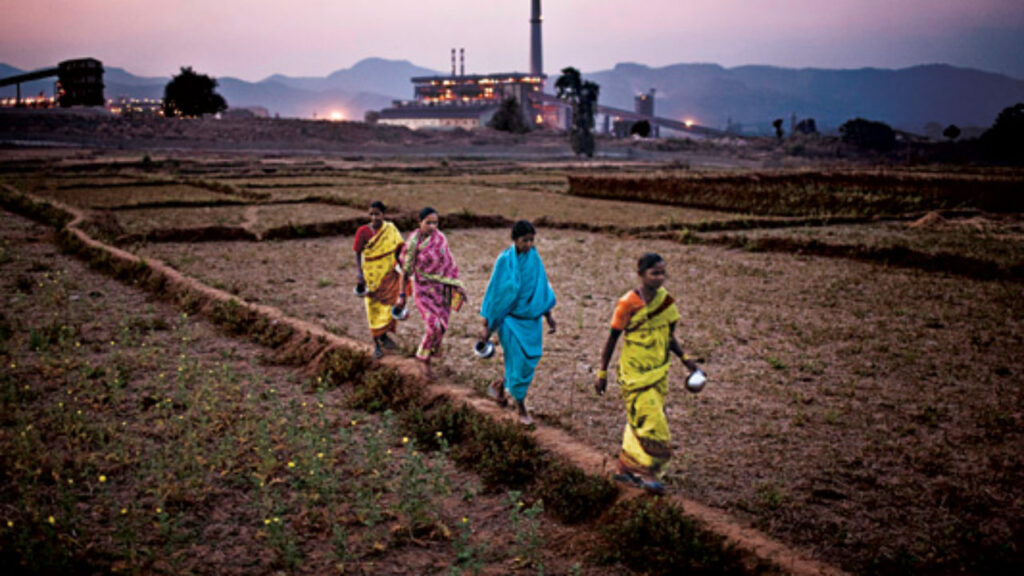RBI’s New Loan Policy: What’s Changing for Farmers?
The Reserve Bank of India (RBI) has announced a significant change to its loan policy, increasing the collateral-free loan limit for farmers from Rs 1.6 lakh to Rs 2 lakh. Effective from January 1, 2025, this move is designed to help small and marginal farmers manage the rising input costs associated with agricultural activities. By raising the loan limit, the RBI aims to provide a financial cushion for farmers, making it easier for them to invest in their farms and improve productivity.

Impact on Small and Marginal Farmers: A Boon for Over 86% of Farmers
According to the agriculture ministry, this change is expected to benefit over 86% of Indian farmers who are small and marginal landholders. These farmers often face difficulties accessing credit due to limited collateral or margin requirements. With the new loan limit, more farmers will be able to avail themselves of loans without the need to provide tangible assets as collateral, ensuring that financial support reaches those who need it most.
No Collateral, No Margin: Easing Loan Accessibility
One of the key highlights of the new policy is the waiver of both collateral and margin requirements for loans up to Rs 2 lakh. This step is expected to streamline the loan approval process, making it quicker and more accessible for farmers. It is particularly beneficial for those who do not have significant assets to pledge against loans, which has traditionally been a major barrier to securing financial assistance for agricultural activities.
How the New Loan Limit Will Support Agricultural Growth
The increased loan limit is designed to address the rising costs of inputs such as seeds, fertilizers, labor, and irrigation. With access to better funding, farmers can invest in modern equipment, adopt new technologies, and improve their overall productivity. This financial flexibility can play a crucial role in boosting agricultural output and, by extension, the rural economy.
Complementing the Modified Interest Subvention Scheme for Farmers
This new initiative complements the government’s Modified Interest Subvention Scheme, which offers loans of up to Rs 3 lakh at a subsidized 4% interest rate. Together, these measures aim to reduce the financial strain on farmers and improve credit access, contributing to the broader goal of rural economic development.
Tackling Rising Input Costs: Financial Relief for Farmers
With inflation affecting the cost of agricultural inputs, the RBI’s decision to raise the loan limit comes at a critical time. It provides farmers with much-needed financial relief, helping them cover costs that would otherwise strain their budgets. This is particularly important as farmers navigate the pressures of rising costs in their day-to-day operations.
Boosting Financial Inclusion in Indian Agriculture
This step by the RBI is a strategic move to enhance financial inclusion in the agricultural sector. By improving access to credit, farmers can better manage their finances, ensuring the sustainability of their operations and contributing to long-term agricultural growth.
Long-Term Benefits: How Access to Credit Can Transform Farming
In the long term, the enhanced access to collateral-free loans will help small farmers enhance their agricultural operations. With greater financial stability, they can plan better, invest in value-added activities, and even scale their businesses, thereby improving their livelihoods.
A Step Toward Economic Empowerment for India’s Farmers
In conclusion, the RBI’s decision to increase the collateral-free loan limit represents a critical step toward empowering India’s farmers. By providing them with easier access to financial resources, the initiative aims to create a more sustainable and inclusive agricultural economy, benefiting both farmers and the nation as a whole.











